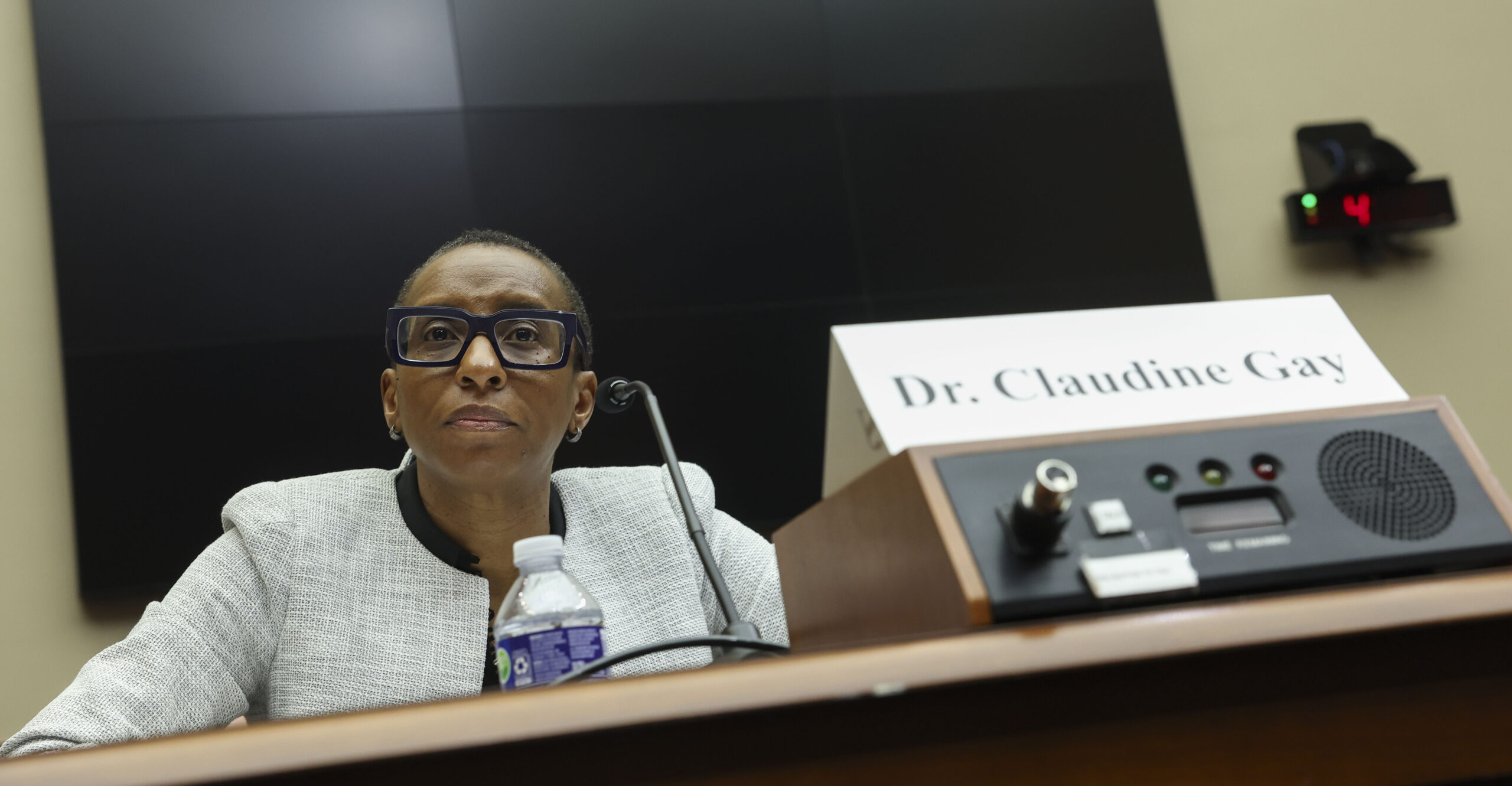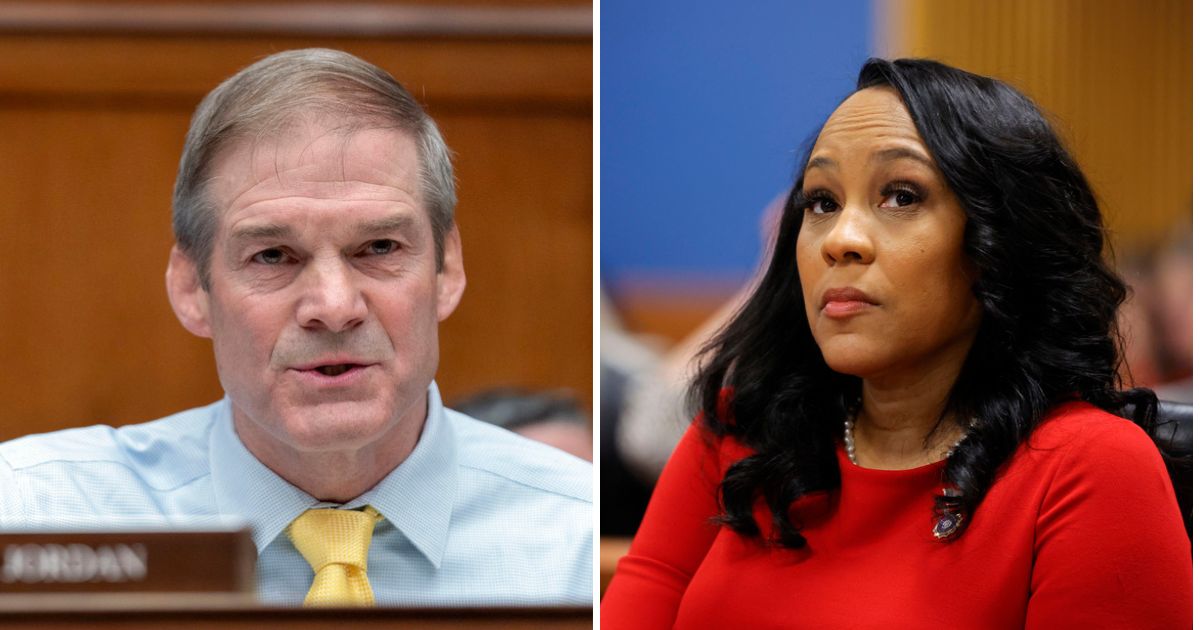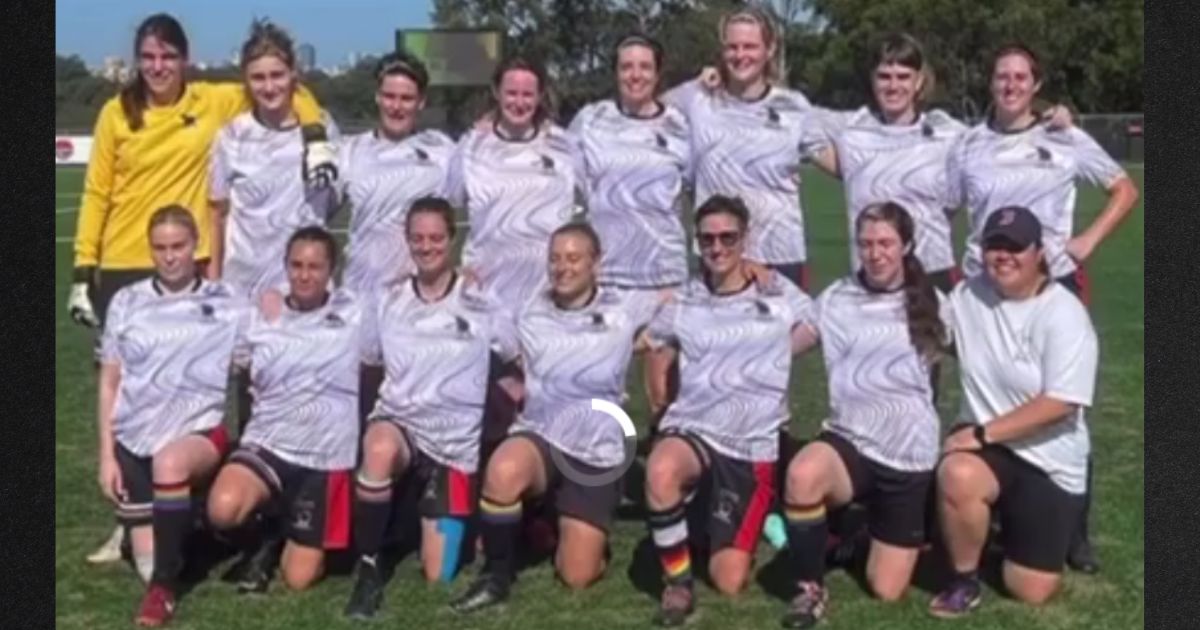
www.dailysignal.com
Higher Ed’s Dilemma: Punish Plagiarism or Stick With DEI
Academic culture is facing a crisis of its own making.
The now myriad plagiarism and other scandals rocking the ivory tower increasingly are being waved away by left-wing media. But this growing phenomenon represents an existential crisis for institutions that have long coasted on flimsy claims to their exalted position in our society.
Following the January resignation of Harvard President Claudine Gay‚ who a month earlier had had a disastrous performance before a House committee hearing on antisemitism‚ several other professors and diversity‚ equity‚ and inclusion administrators have been hit with serious accusations of plagiarism.
The latest is influential Harvard sociology assistant professor Christina J. Cross‚ whose writing on families and race have appeared in The New York Times. She’s been accused of lifting huge sections of uncited work and claiming it as her own—among other‚ smaller infractions.
The Left’s message on these scandals—copied and pasted‚ it seems—is that plagiarism has been “weaponized” by the Right.
“As the culture wars lurch on‚ the Right has found a perfect weapon with which to hit the university—taken straight from the academy’s arsenal itself: claims of plagiarism‚” wrote the editorial board of The Harvard Crimson in February.
Yes‚ how dare those mean conservatives use basic academic standards against academics for the purpose of the “culture war‚” which our unbiased and totally meritocratic universities surely never engage in.
Defenders of the academy have also gone with the old standby of crying “racism.”
Tiresome‚ but all very predictable.
I will have to concede one thing‚ though: In a certain sense‚ plagiarism has been “weaponized‚” by the Right‚ which holds no power in academia outside of a handful of small‚ isolated bastions. This method of criticism has only become possible because higher education has made itself so open to attack.
To use a historical comparison‚ the peoples conquered by Islam in the days after the rise of Muhammad were typically preyed upon and powerless. What those living under dhimmitude had was the Quran. Their only protection came from pointing out the violations of faith by their new rulers. That forced a choice on their Muslim overlords: Weaken their rule or weaken their faith‚ which was ultimately tied to their power and status.
That’s the dilemma facing academia.
While universities don’t punish leftist students for shutting down politically incorrect speakers and other kinds of illiberal conduct‚ they still—for now‚ at least—make an attempt to punish those who have violated their most basic standards.
Here’s a question‚ though: Would plagiarism and other kinds of scandals have been such a problem if our elite institutions weren’t filled with so many superfluous‚ underwhelming hacks?
That may sound mean‚ but it’s impossible not to notice that the quality of our most elite schools—and of the people who staff them—is quickly dropping.
Stories about left-wing insanity on college campuses became run-of-the-mill generations ago. But now‚ something new is happening.
Now‚ many Americans‚ even ones who placed a huge amount of faith in higher education despite its flaws‚ are coming to see that they aren’t even providing the most fundamental service they—at least in theory—promise to provide; namely‚ an elite education delivered by scholars in pursuit of the truth.
With the costly‚ borg-like takeover of DEI initiatives that have bled into all disciplines‚ it’s become obvious to all who are not wholly blinded to reality that higher education now places more emphasis on ideology and identity politics than teaching and scholarship.
In the end‚ those who hired and appointed the DEI administrators and “anti-racism” swamis like Ibram X. Kendi didn’t expect them to produce high-quality research. No‚ they are there to demonstrate institutional commitment to leftist beliefs. Nothing else has mattered‚ and now the original product that allowed them to amass such power is slipping away.
Consider this: Harvard University’s history department finally brought back an introductory history course after going nearly 20 years without one. The previous yearlong survey course was dropped in 2006 for being too “Eurocentric‚” according to The Harvard Crimson.
A description of the class makes it sound more like an NPR podcast than a high-minded instruction at one of the world’s most prestigious universities. It’s apparently been designed to teach “empathy‚” and according to one of the professors‚ “on Wednesdays‚ they will ‘riff’ on recent headlines for a portion of the lecture.”
I only wonder what famed Harvard alum John Quincy Adams would think about this kind of coursework. In his day‚ its students used to be required to know Latin and have a deep understanding of the classics before they attended the school.
Now‚ they don’t even require courses in Latin or Greek to complete a degree in the classics.
The dirty open secret is that higher ed has abandoned its role of providing trustworthy research and transmission of Western ideas to new generations. It is increasingly an environment more committed to enforcing extremely narrow left-wing ideology and ensuring that all other governmental‚ political‚ and civic institutions throughout the West maintain the same level of ideological gatekeeping.
Legacy admissions may be on the decline‚ but they are being replaced by new‚ smugger so-called meritocratic pseudo-elites who lecture America about all its problematic history while making excuses for genuine evil in the here and now.
As the aftermath of the Oct. 7 Hamas terrorist attack on Israel starkly revealed‚ these institutions hardly have claims to moral authority. Hating the West and excusing savagery are just part of the overall package.
While the power that elite academic institutions have in Western societies is immense—perhaps greater than it has ever been—they nevertheless have a collective weakness.
These schools are ultimately dependent on the support‚ both social and material‚ of the rest of society. They’ve operated for decades with nearly a blank check of private and public funding. And higher education has run up a massive bill on their graduates‚ too‚ that they expect taxpayers to pay.
Let me ask: Would you rather pay for your groceries with money to spare or ensure that a Starbucks employee with pronouns on his or her name tag can get his psychology degree paid for? Exactly.
The goodwill from times past is long gone. In its place is well-earned doubt and hostility.
Higher education is now left with a choice: Abandon the path of DEI and ruthless ideological enforcement in a return to genuine merit or double down on them with the fading support from the rest of society.
The post Higher Ed’s Dilemma: Punish Plagiarism or Stick With DEI appeared first on The Daily Signal.














